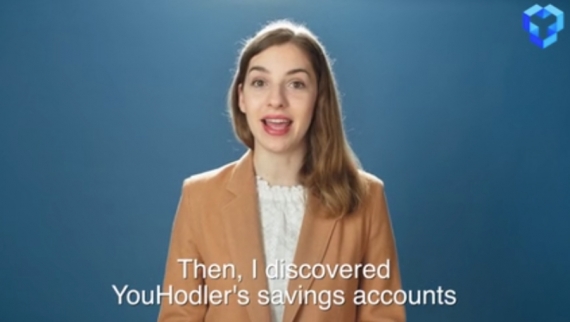
DCA Strategy and It's Disadvantages
A few days ago, we talked about the wonders of the DCA investment strategy and how it can help disadvantaged people make low-risk investments. Check out the article here if you haven't already. Today though, we're turning the tables on "dollar-cost averaging" and analyzing some negative aspects.
DCA STRATEGY CONS: MISS OUT ON THE BIG RETURN
Not everyone invests just to make money. Actually, wait. Yes, they do. You can deny it all you want but at the end of the day, the goal is to make more money then you started out with. Is this possible with the DCA strategy? Of course, it is. However, there is a slight dilemma.
Since you're not lump sum investing with DCA, that means you might miss out on some big returns. Why is lump sum investing so beneficial? Often times, lump sum investing results in bigger and better results since you have your money in the market longer. Essentially, the market generally increases in value over time. Hence, the longer you have your money in it, the better your returns are.
DCA STRATEGY CONS: MORE FEES
Nobody likes fees but they are a necessary part of investing that won't go away anytime soon. Therefore, it's best to minimize them the best you can. That's the problem with the DCA strategy. Using this strategy means you are making a lot of transactions on a consistent basis. As a result, this means higher brokerage fees. If you're investing in something like a 401(k) you won't pay these fees but they do come up when making monthly purchases of a mutual fund or stock. To minimize these fees, invest less frequently (i.e. quarterly or bi-annually).
DCA STRATEGY IN CONCLUSION
For those who want to try and time the market for the best possible investment, DCA is not you. The whole point of this strategy is to save and invest with smaller amounts of money that fit within your budget. Furthermore, it helps you get into the habit of investing. Thanks to new technologies out there and the DCA strategy, you don't have to be rich in order to invest. All you need is a little knowledge, so stay tuned for all the latest "investing stories" right here on this blog.







